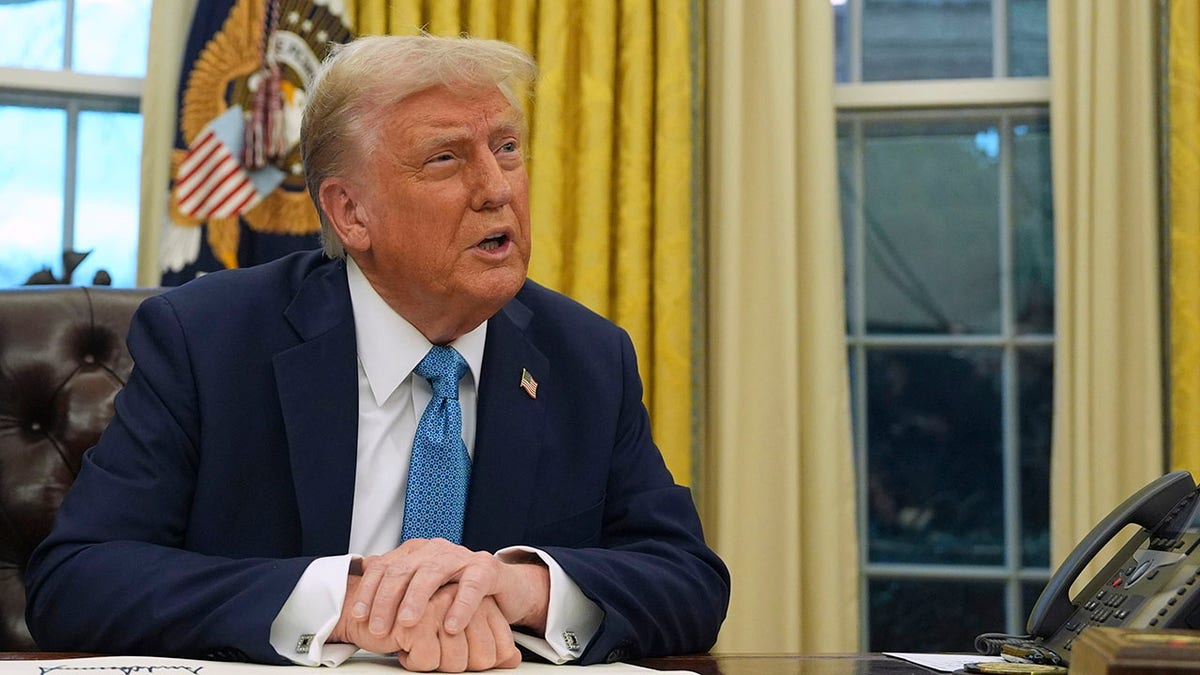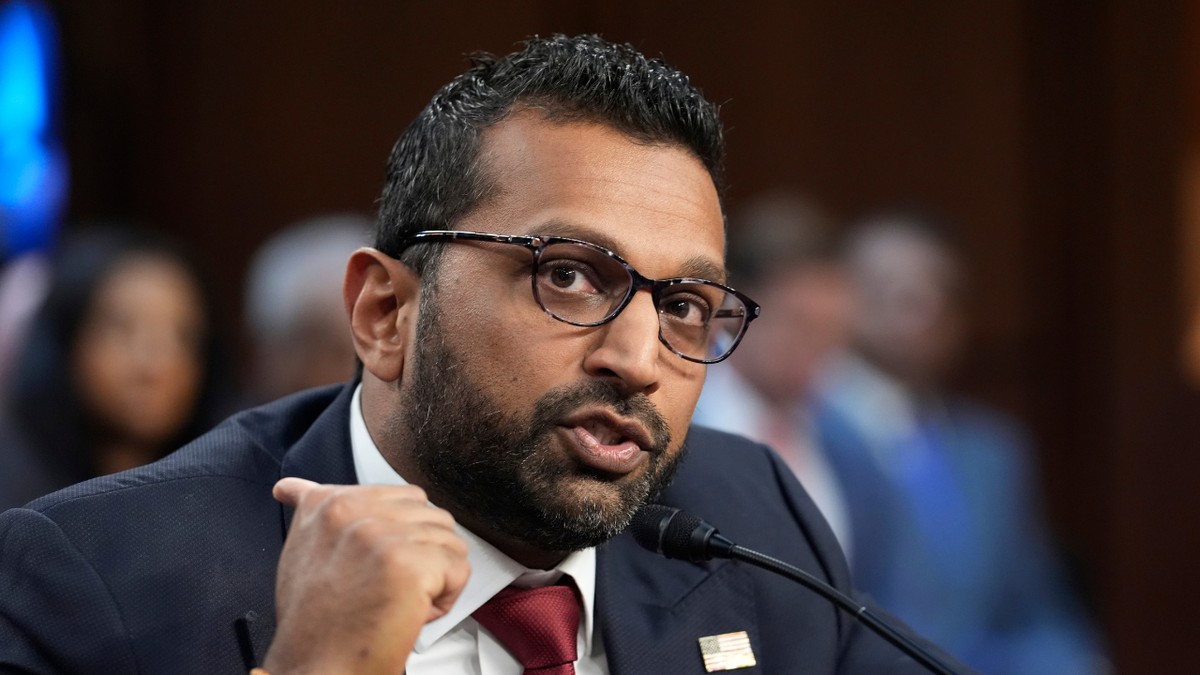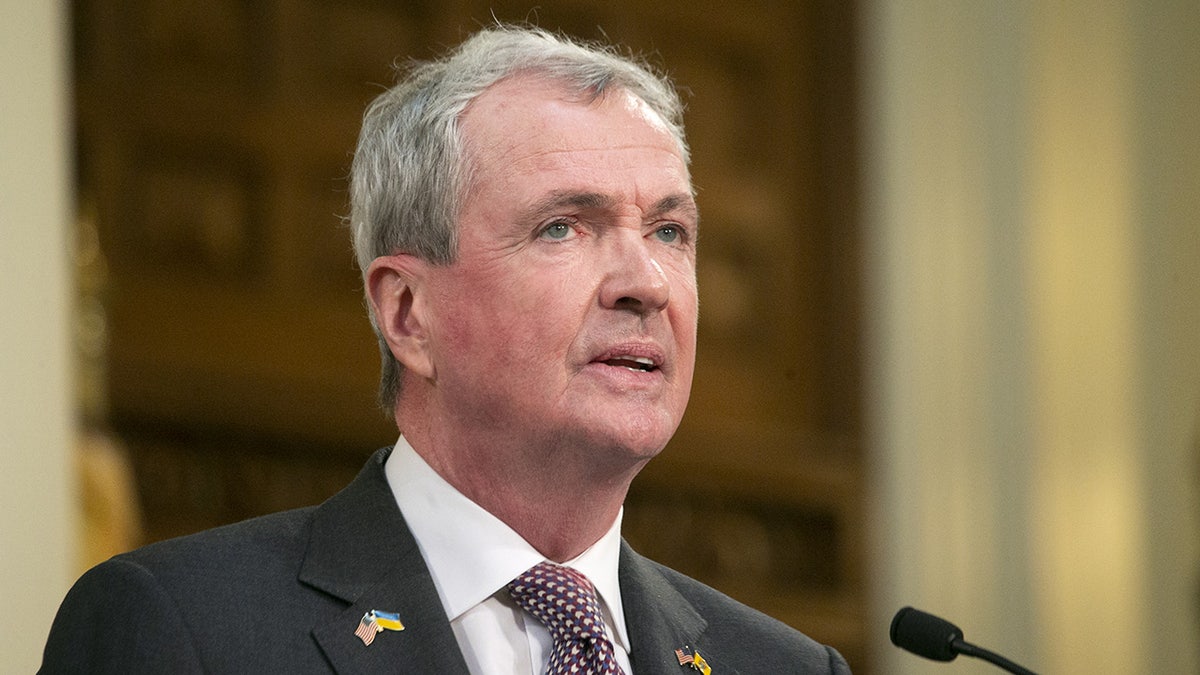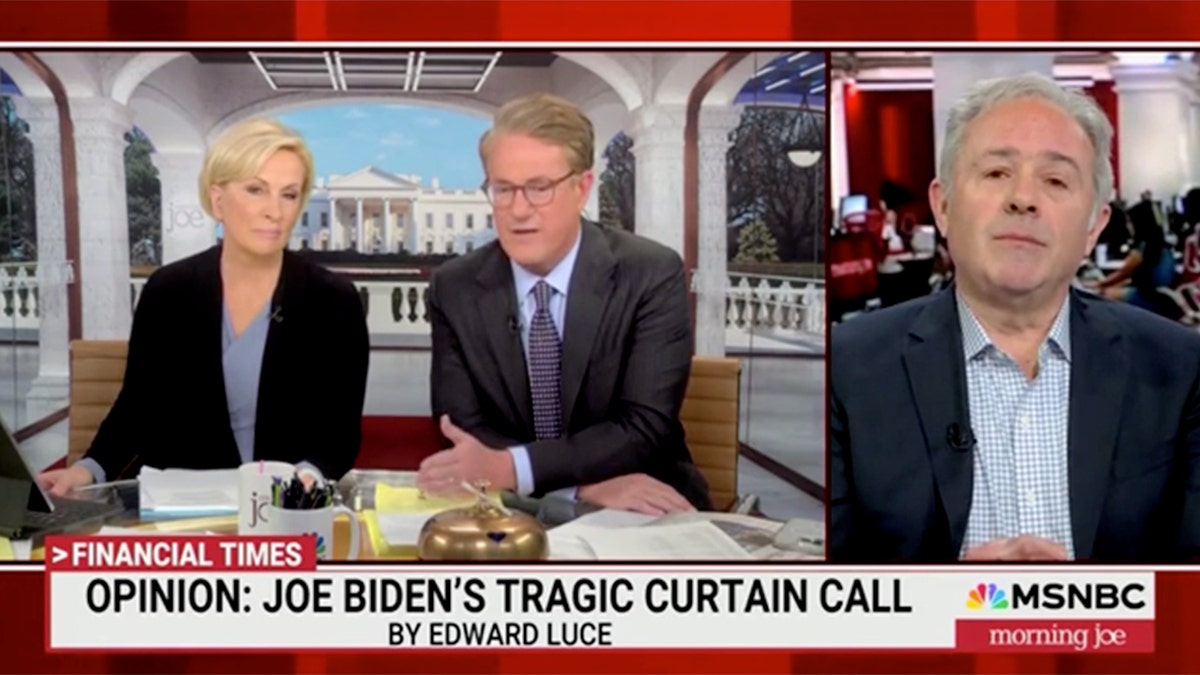Navigating the spectrum of challenges, from minor worries to full-blown crises, is a shared human experience, applicable to individuals, families, communities, and governments alike. While anxieties and irritations are commonplace, problems and crises demand more focused attention. True tragedies, however, require a different response – grief, support, and understanding.
Governments, unlike individuals, bear the responsibility of swift action, especially when their own actions contribute to tragic events. The hypothetical string of tragedies in January 2025 – a terrorist attack in New Orleans, devastating fires in Los Angeles, and midair collisions in Washington D.C. and Philadelphia – underscores the critical importance of government's role in public safety.

These fictional scenarios highlight systemic failures: malfunctioning safety infrastructure in New Orleans, compromised water systems in Los Angeles, and potential regulatory oversights in the aviation disasters. These events, while hypothetical, emphasize the need for governments to prioritize essential functions.
The increasing complexity and size of government, a trend since the Progressive Era, has arguably diluted its focus on core responsibilities. Ronald Reagan's famous quote, "government is not the solution to our problem; government is the problem," resonates with those who believe government overreach hinders effective governance.
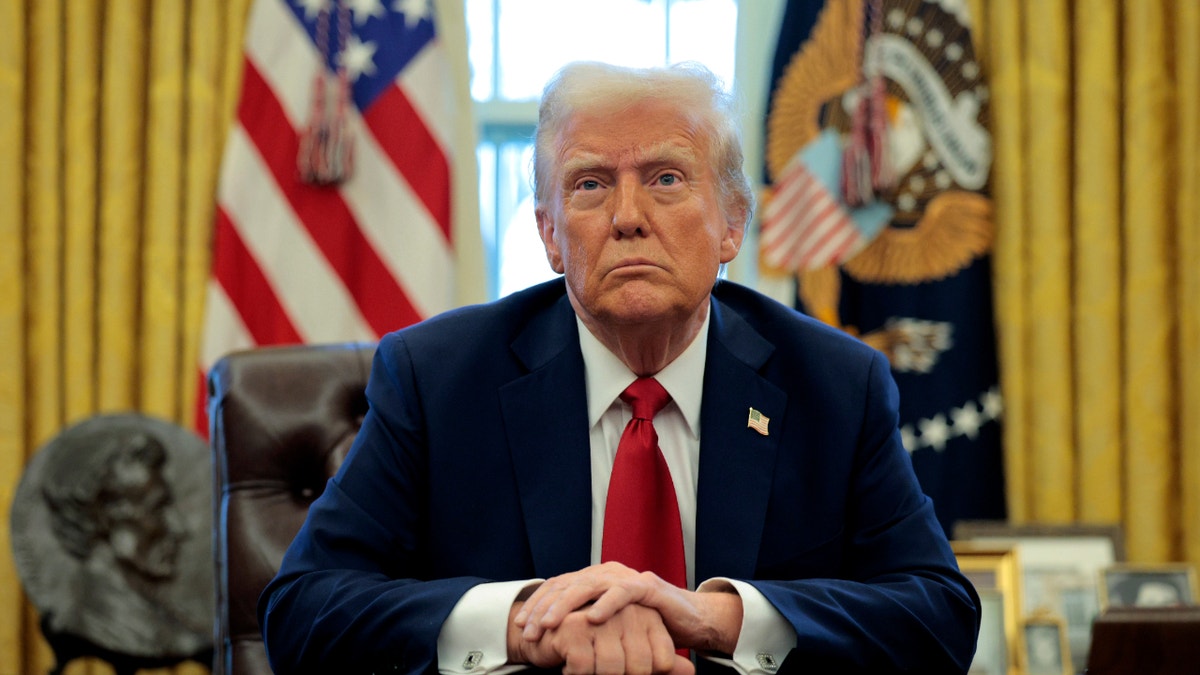
A return to common sense principles, as advocated by figures like Donald Trump, is presented as a potential solution. This involves prioritizing fundamental duties like national security, border control, and public safety. Streamlining government operations, eliminating non-essential functions, and focusing resources on these core areas is suggested as a crucial first step.
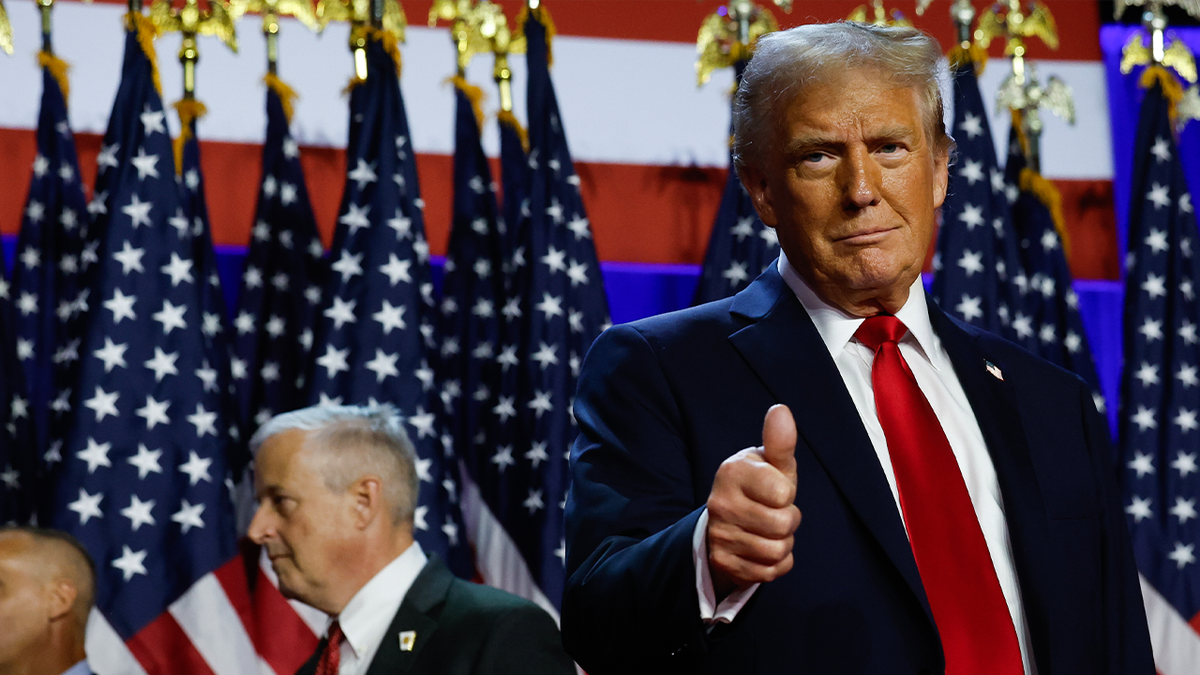
Examples like Tennessee's expanded voucher system for education highlight potential reforms at the state level. Addressing the nationwide literacy crisis through radical measures like universal school choice is also proposed. Furthermore, the article mentions Trump's policies on deportations, border security, and tariffs as examples of actions aimed at addressing specific crises.
The central argument is that by focusing on core responsibilities, streamlining operations, and applying common sense principles, governments can better address the challenges facing their citizens and avoid contributing to further tragedies.


